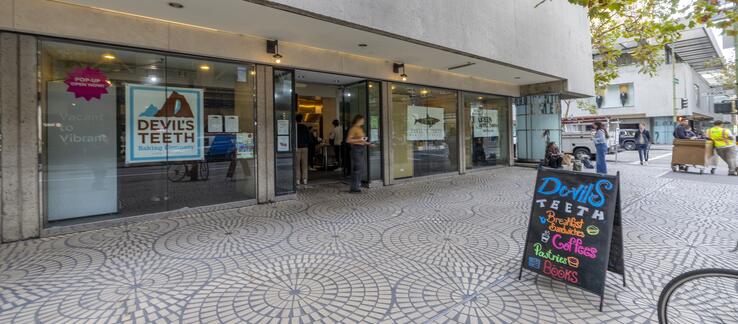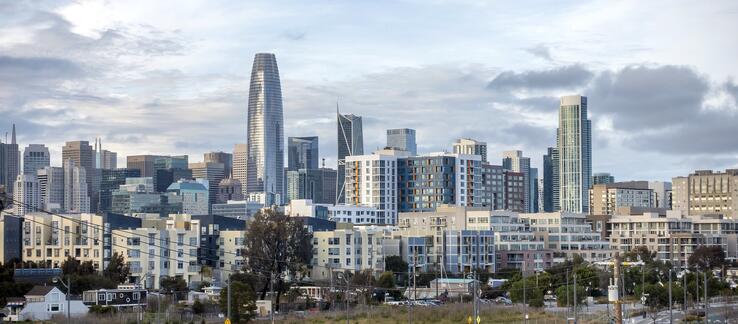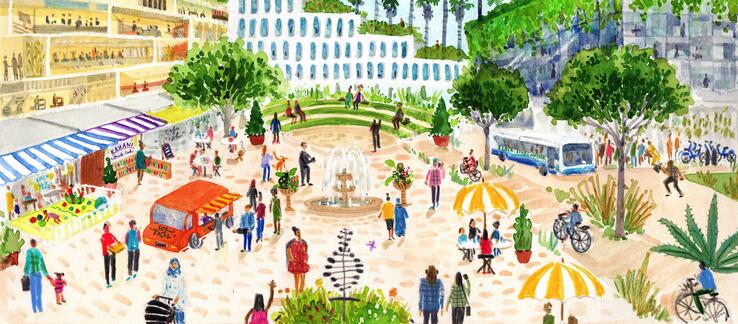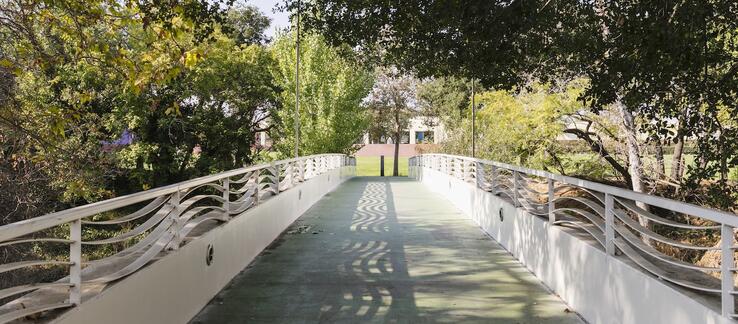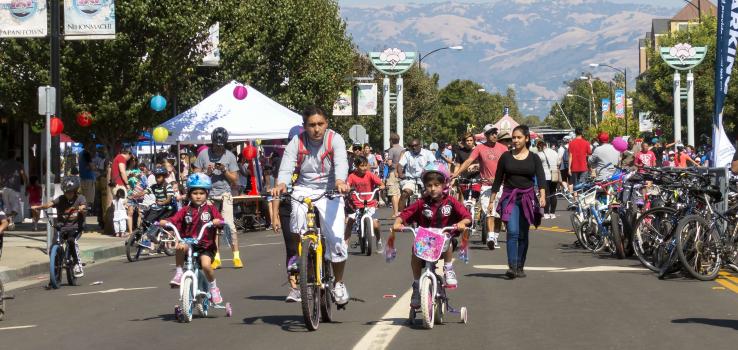
Planning
We believe: Growth can be good and should be directed to areas
that will support equitable development and sustainability.
that will support equitable development and sustainability.

• Leverage growth to create great neighborhoods and public spaces.
• Protect and expand open space.
• Concentrate new jobs and housing in downtowns and near major transit hubs.
• Grow up, not out.
